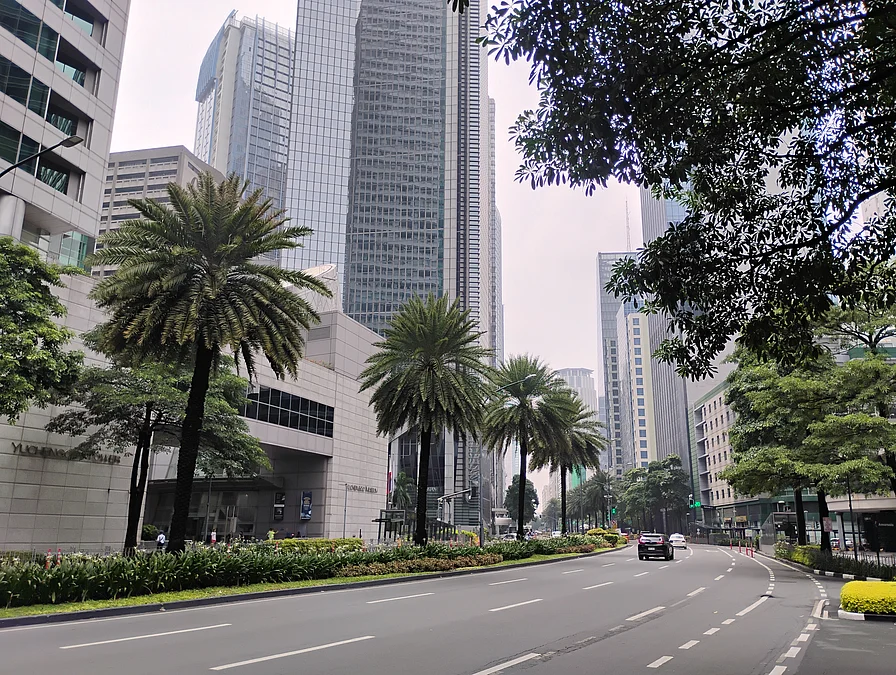
Makati has secured the fourth spot in the 2025 Mid-Year Health Care Index by City, emerging as the only Philippine city on the prestigious global list.With an index score of 85.0 out of 100 and a Health Care Exp. Index of 156.6, Makati placed ahead of major European and North American cities, underscoring the city’s growing reputation as a hub for quality health services in Asia.The latest ranking, released by global database Numbeo, is led by Kaohsiung, Taiwan (89.1), followed by Taipei, Taiwan (87.1), and Chiang Mai, Thailand (85.0). Makati tied with Chiang Mai in the overall score but surpassed it in the Health Care Exp. Index, giving the Philippine financial center a stronger placement at fourth.Rounding out the top 10 are Utrecht, Netherlands (83.6), Seoul, South Korea (82.9), Rotterdam, Netherlands (82.7), The Hague, Netherlands (82.7), Vienna, Austria (81.2) and Valencia, Spain (81.2).The Numbeo Health Care Index measures the quality of healthcare systems based on several indicators: the availability of medical professionals, the adequacy of equipment, staff competency, accessibility of doctors, and treatment costs.The Health Care Index is published twice a year — mid-year and year-end — by Numbeo, a crowd-sourced global database that provides statistical comparisons on living conditions across countries and cities. It compiles surveys from residents and health system users, combining perceptions of healthcare quality with comparative cost analysis.The Index has become a widely referenced benchmark for evaluating healthcare efficiency, especially in urban centers where population density and access to medical services often pose challenges. Scores are based on both quality and expenditure indicators: the Health Care Index, which focuses on service quality, and the Health Care Exp. Index, which measures how expensive or affordable healthcare is relative to other cities.Historically, cities in Taiwan, South Korea and the Netherlands have consistently ranked among the top due to universal healthcare coverage, well-trained medical staff, and robust government investment in health systems. Southeast Asian cities like Chiang Mai and Makati have risen in recent years, reflecting improvements in hospital facilities, growing numbers of medical professionals, and the appeal of medical tourism.In the case of Makati, its high ranking is attributed to sustained investment in modern healthcare infrastructure and private-public partnerships that have strengthened local hospitals and clinics. Makati is home to several tertiary hospitals, specialty centers, and international-standard facilities that cater not only to local residents but also to patients from neighboring provinces and even foreign nationals.The Index’s prominence also lies in its influence on policy discussions, investment decisions, and even expatriate relocation choices, as healthcare quality is a central consideration in global city competitiveness.



